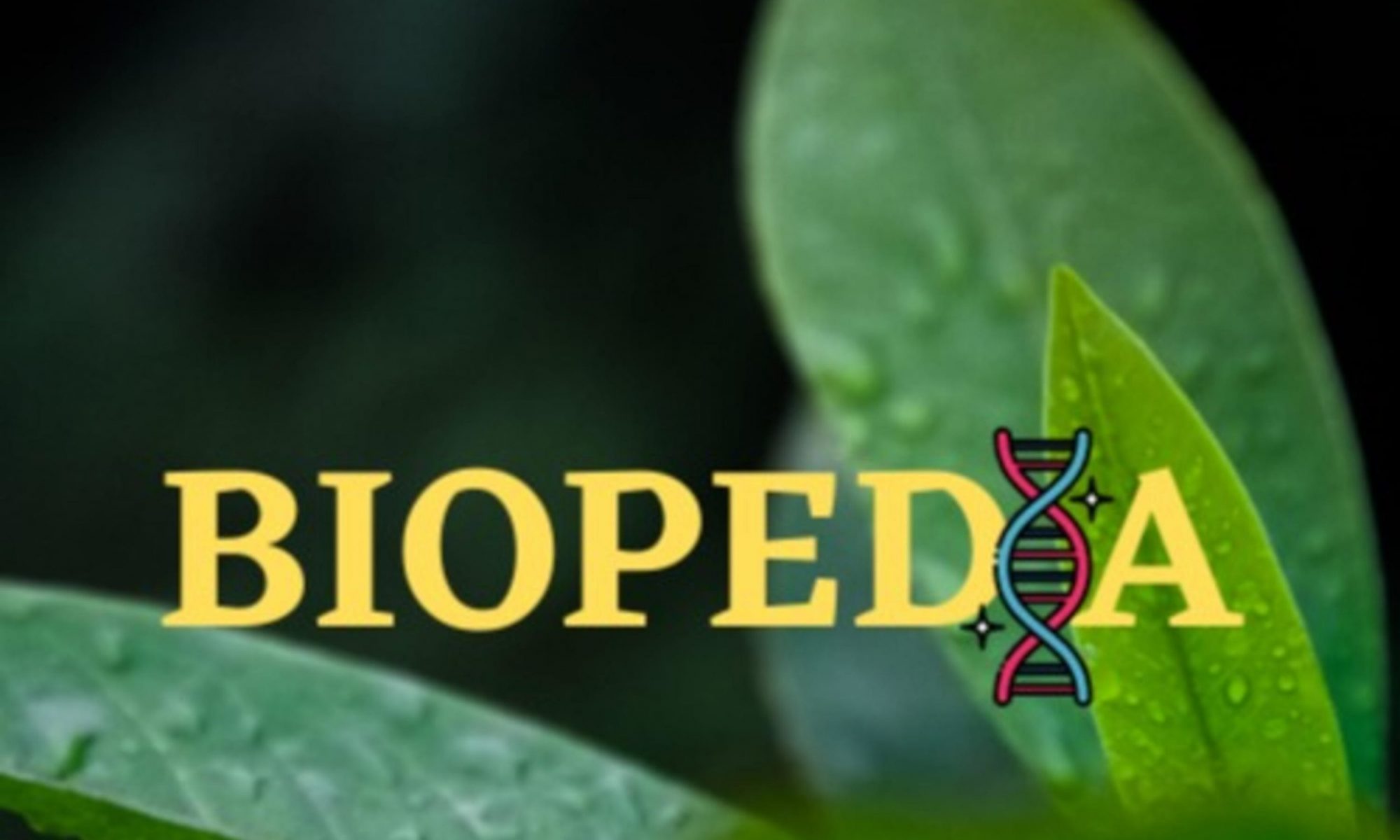It’s that time of year again! This time round, I thought I’d put Charles Darwin’s life into a little bit of historical context. This is because I imagine most people have a stereotypical image of him in their heads as a model Victorian gentleman. However, his life saw quite a few other historical events that wouldn’t really spring to mind. For instance, would it have occurred to you that Darwin witnessed the closing years of the Napoleonic Wars? So, in honour of Darwin’s birthday, let’s explore a few of the events in his life it might not occur to you he witnessed…
Sources for this episode: 1) Chisholm, E., Encyclopaedia Britannica (1911, Vol. II), Peninsular War (eBook) [Accessed 10/02/2023]. 2) Cronin, V. (1971), Napoleon. London: Harper Collins Publishers LLC. 3) Cussans, T. (2017), The Times Kings & Queens of the British Isles: A History of Monarchy. Marlborough: Times Books Ltd. 4) Current, R. N., Encyclopaedia Britannica (2023), Abraham Lincoln (online) [Accessed 05/02/2023]. 5) Darwin, C. R. (1945), The Voyage of the Beagle. The Temple Press Letchworth: J. M. Dent & Sons Ltd. 6) The Editors, Encyclopaedia Britannica (2008), Confederation of the Rhine (online) [Accessed 10/02/2023]. 7) Hoyer, K. (2021), Blood and Iron: The Rise and Fall of the German Empire 1871-1918 (eBook). Cheltenham: The History Press [Accessed 10/02/2023]. 8) Littlewood, I. (2002), The Rough Guide: History of France. London: Rough Guides Ltd. 9) Roberts, A. (2014), Napoleon the Great (eBook) [Accessed 10/02/2023]. 10) Author unknown, Wikipedia (date unknown), Cape Verde (online) [Accessed 11/02/2023]. 11) Author unknown, Wikipedia (date unknown), Charles Darwin [Accessed 10/02/2023]. 12) Author unknown, Wikipedia (date unknown), Santiago, Cape Verde (online) [Accessed 11/02/2023]. 13) Author unknown, Wikipedia (date unknown), 2005 (online) [Accessed 10/02/2023].
